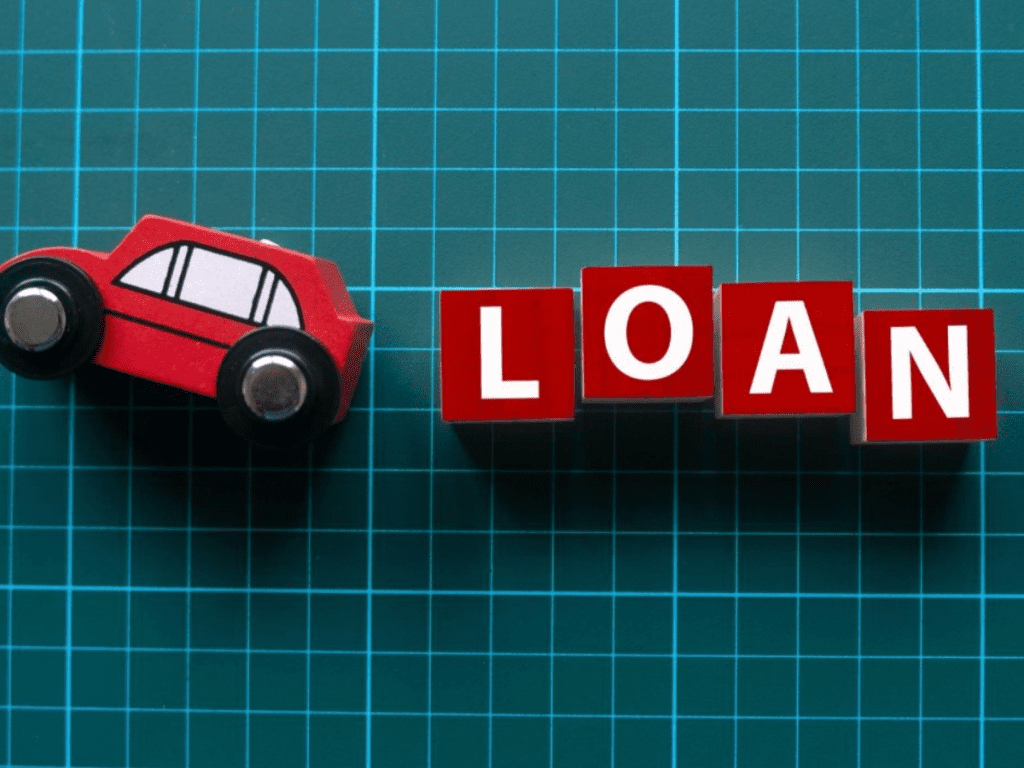Introduction
When you’re financing a car, the importance of auto insurance cannot be overstated. Auto insurance not only protects you in the event of an accident but also plays a significant role in the car financing process. Financing a car is a significant financial commitment that typically lasts several years, and during this time, your insurer becomes a key player in ensuring the protection of your investment. In this article, we’ll explore how auto insurance affects car financing, the types of coverage required, and some considerations you should keep in mind when buying insurance for a financed vehicle.
Understanding Car Financing
Car financing is a process where you borrow money to purchase a vehicle and agree to pay it back, typically over a period of several years, with interest. This can be done through a loan from a bank, a credit union, or directly from a dealership. When you finance a car, the financial institution, or the lender, holds a lien on the car. This means that they have a legal right to the vehicle until you pay off the loan in full. Because of this, the lender requires you to carry sufficient auto insurance to protect the asset (the car) they have invested in.
The Relationship Between Car Financing and Auto Insurance
When financing a car, the primary purpose of having auto insurance is to protect both your interest and the lender’s interest. The vehicle acts as collateral for the loan, so if something were to happen to the car, like an accident, theft, or other types of damage, the insurance is there to minimize the financial losses. Without adequate coverage, both you and the lender could be at risk.
Your lender may require you to carry specific types of coverage to ensure that the car is fully protected in case of any unforeseen circumstances. This requirement can vary depending on the lender, the value of the car, and the type of loan. However, it is common for lenders to require comprehensive and collision insurance, even if the state laws in your area don’t mandate such coverage.
Why Is Auto Insurance Required When Financing a Car?
Lenders require borrowers to have insurance on financed cars to ensure that they have a financial safety net in case the car is damaged or lost. Here are a few key reasons why auto insurance is essential during the car financing process:
1. Protection of the Lender’s Interest
Since the lender holds the title to the car until the loan is paid off, they have a vested interest in ensuring that the vehicle is protected from loss, theft, or damage. Without adequate insurance coverage, the lender could face a significant loss if the vehicle is destroyed or stolen before the loan is repaid. As a result, the lender will require you to carry insurance that covers the full value of the car.
2. Protection of Your Investment
While the lender is concerned with protecting the value of the car, you too have an interest in protecting your investment. If the car is damaged or totaled in an accident, having comprehensive and collision coverage ensures that you don’t have to bear the full financial burden of repair costs or replacing the vehicle.
3. Legal Compliance
In many states, drivers are required to carry a minimum amount of auto insurance, even if they are not financing their vehicles. However, when you finance a car, the lender’s requirements typically exceed the state minimums. For example, lenders often require you to have coverage that includes collision and comprehensive insurance, which may not be mandated by state law.
4. Avoiding Gaps in Coverage
Auto insurance helps to avoid any gaps in coverage while you are paying off your loan. If you don’t have the right insurance, you could find yourself in a difficult position if an accident occurs. You may be forced to pay out of pocket for repairs or a replacement vehicle, even though you are still making payments on your loan.
Types of Insurance Required When Financing a Car
While the insurance requirements can vary from lender to lender, most will have a few key coverage requirements. Here are the most common types of coverage required when financing a car:
1. Collision Insurance
Collision coverage pays for damage to your car in the event of an accident, regardless of who is at fault. This is a vital coverage type for financed vehicles, as it ensures that the car will be repaired or replaced if it is involved in a crash. If you are financing a car, your lender will almost certainly require collision insurance to protect the value of the vehicle.
2. Comprehensive Insurance
Comprehensive coverage protects against damage to your car caused by non-collision events, such as theft, vandalism, natural disasters, or hitting an animal. It also typically covers damage from fire, hail, or falling objects. This type of coverage is important for financed cars because it ensures that the car’s value is protected from a wide range of potential incidents that aren’t related to driving accidents.
3. Liability Insurance
While liability insurance isn’t always required by lenders when financing a car, it is typically a state-mandated requirement for all vehicles on the road. Liability insurance helps cover damage to other vehicles or property if you are at fault in an accident. Most states have minimum requirements for liability insurance, but your lender may have their own guidelines for minimum coverage amounts.
4. Uninsured/Underinsured Motorist Coverage
If you are in an accident caused by a driver who doesn’t have sufficient insurance, uninsured/underinsured motorist coverage helps protect you from financial loss. While not always a requirement for financing a car, this type of coverage is beneficial as it protects you in case of accidents involving an uninsured or underinsured driver.
5. Gap Insurance
Gap insurance is an optional but highly recommended form of coverage when financing a car. This insurance covers the “gap” between what you owe on your car loan and the actual cash value (ACV) of your car in the event of a total loss. For example, if your car is totaled and you owe $15,000 on your loan but the car is only worth $10,000, gap insurance would cover the remaining $5,000. Since cars depreciate over time, gap insurance can be especially valuable during the early years of financing when the car’s value may be lower than the loan balance.
What Happens if You Don’t Have the Required Insurance?
Failing to maintain the required insurance on a financed vehicle can lead to serious consequences. If you don’t carry the proper coverage, the lender may take action to protect their investment, including purchasing insurance on your behalf. This insurance, often referred to as “forced place” insurance, is typically more expensive than the insurance you would have bought on your own, and it may not offer the same level of coverage. The lender may also add the cost of this forced insurance to your loan balance, increasing your monthly payments.
In some cases, if you fail to provide proof of insurance, the lender may even repossess the car. This is because the lender is legally entitled to recover their investment if they believe the car is at risk.
How to Choose the Right Insurance for a Financed Vehicle
Choosing the right insurance for a financed car requires careful consideration of your needs, the car’s value, and your lender’s requirements. Here are some tips to help you select the right insurance coverage:
1. Know the Lender’s Requirements
Before shopping for insurance, check with your lender to confirm their specific coverage requirements. They will typically specify the types of coverage needed (such as collision and comprehensive) and the minimum coverage amounts. Make sure that any policy you choose meets or exceeds these requirements.
2. Compare Insurance Providers
Not all auto insurance providers are the same, and rates can vary significantly from one company to another. To find the best policy for your needs, get quotes from several insurers and compare their coverage options, premiums, and customer service. Keep in mind that the cheapest option may not always be the best option, especially if it doesn’t provide the level of coverage you need.
3. Consider Your Car’s Value
When selecting coverage, consider the value of your vehicle. If the car is worth a significant amount of money, you may want to opt for higher coverage limits or additional coverage options like gap insurance. On the other hand, if the car is older or has a lower value, you might choose to reduce certain coverage levels, though keep in mind your lender’s requirements.
4. Review Your Insurance Annually
Insurance needs can change over time, and it’s important to review your policy annually to make sure it still meets your needs. If the value of your car decreases or your loan balance is paid down, you may be able to adjust your coverage accordingly.
Conclusion
Auto insurance plays a crucial role in the car financing process. It protects both you and the lender from financial loss in case of an accident, theft, or other types of damage. By understanding the insurance requirements and ensuring that you have adequate coverage, you can protect your investment and avoid any potential issues with your lender. Remember to review your policy regularly, compare insurance providers, and choose coverage that meets your needs while staying within the guidelines set by your lender.

